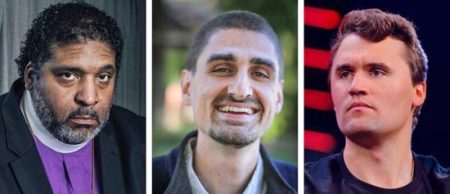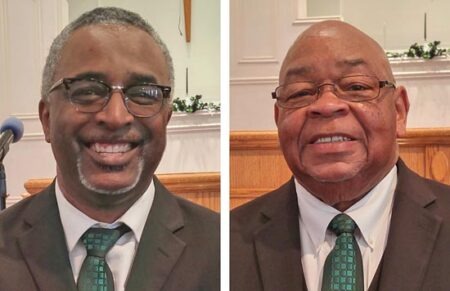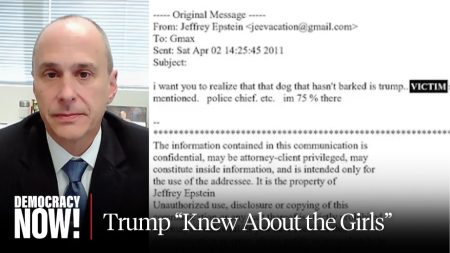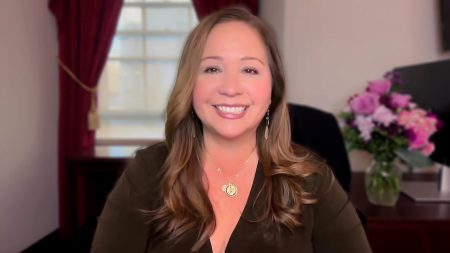Remembering Those Who Made a Difference
by Rev. Wayne Purcell
Business as usual is no longer acceptable; twenty-eight days is not enough to do justice to the history of the African Diaspora.
So as we begin this month of black history, let us remember those great black women and men who dared to make a difference. Let us be mindful as to who we are as an ancient people, and what it finally took for you and me to be a free people in a strange land.
First, our history should never begin with slavery. We were African
before we were American, regardless of how far removed we are from our
ancestral homeland. We are a people whose history goes back farther
than the educational system is willing to concede. When the Hebrew
civilization became dispersed via Babylonian invasion, their captors
demanded that they be entertained by the singing of the songs of Zion
(psalm 137). However, recognizing the futility of their condition, the
Hebrews replied, “How can we sing the Lord’s song in a strange land?”
They would no longer play the fool for their captors, or assent to the
stereotypical ignorance of the Babylonians. Nor should we.
One hundred and forty-six years since the Emancipation
Proclamation went into effect, we still suffer under institutional
oppression in economics, labor, education, entertainment, law, sex, and
religion. Africans in America are the only people in a so-called free
world society that must have laws passed to ensure our rights as
citizens.
Only when Afro-history becomes an integral part of our schools,
churches, and media, only when our heroes’ and heroines’ images appear
on dollar bills, coins, and precious metals, only then will Africans in
America be fully embraced as Americans. Until Imhotep, the Black
Madonna, and the prophet Melchizedek, along with the gods Amun, Asar,
Heru, and Aset, take their rightful place in American history books and
schools, our legacy as a people will never truly be appreciated.
We should not be hoodwinked into believing that we have
accomplished something because of a 28-day celebration of Afro-history,
when in actuality, without the Africans in America there would not be
an America! This is a time to reflect on our past, in order to know
what and who we are to be.
Afro-History was created by Dr. Carter G. Woodson to give us
purpose. I believe Maulana Karenga, the creator of the pan-African
cultural holiday Kwanzaa, has set us on the right course. Kwanzaa is a
road map to cultural unity: A Celebration of Family, Community and
Culture; Kawaida: A Communitarian African Philosophy; OduIfa: The
Ethical Teachings; Selections From The Husia: Sacred Wisdom of Ancient
Egypt; and Maat, The Moral Ideal in Ancient Egypt: A Study in Classical
African Ethics.
Faith calls us to believe in the good we seek to create, to work
for it, and to live it in our daily lives. In the spirit of the
steadfast faith of our ancestors, let us meditate on and give
ever-deeper meaning in actual practice, and prayerful request of our
ancestors: May we speak truth and do justice everywhere. May we always
evaluate rightfully and not act in disregard of the sacred and the
people.
What African Americans must do is to begin to develop an
appreciation of self and the legacy of our ancient civilization to the
present. For as long as, and to the extent that, we fail to recognize
the importance of who we are and what we have given to the world, we
become willing participants in our own cultural genocide.
So let us begin this month to live out the legacy of our African
ancestors in spirit and in truth. Ours is a proud and magnificent
history, and the world is a better place because of it.








